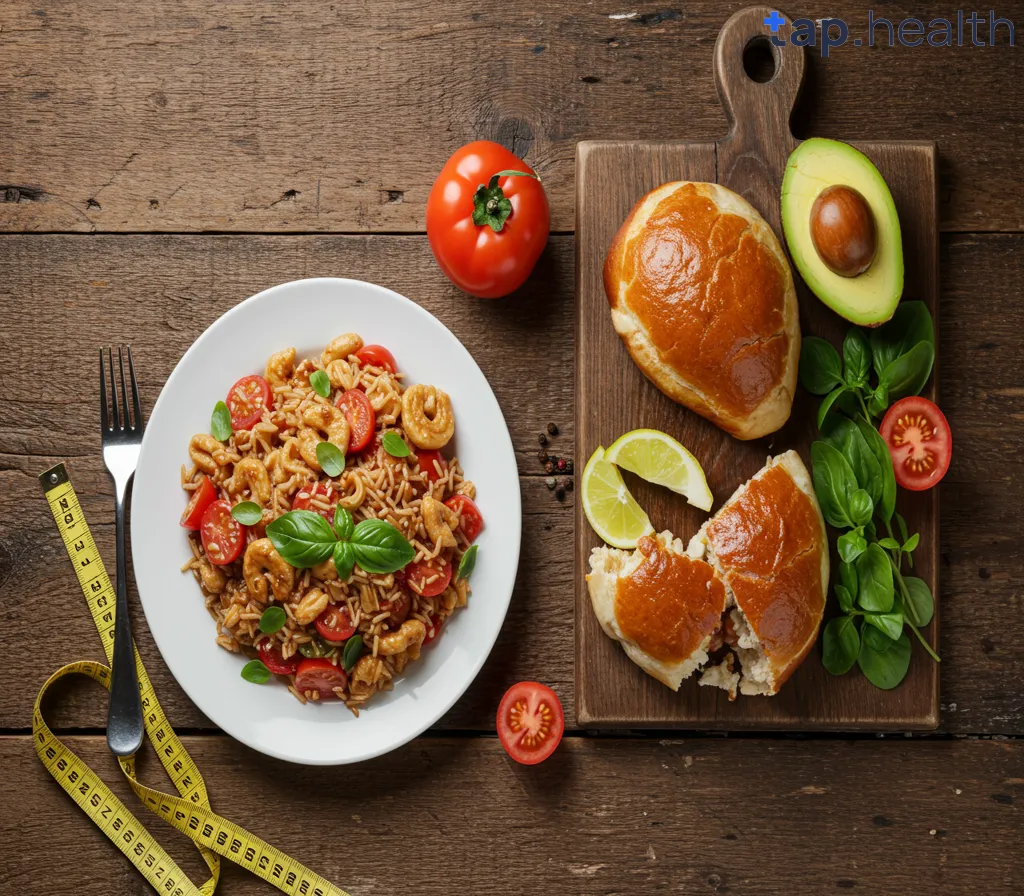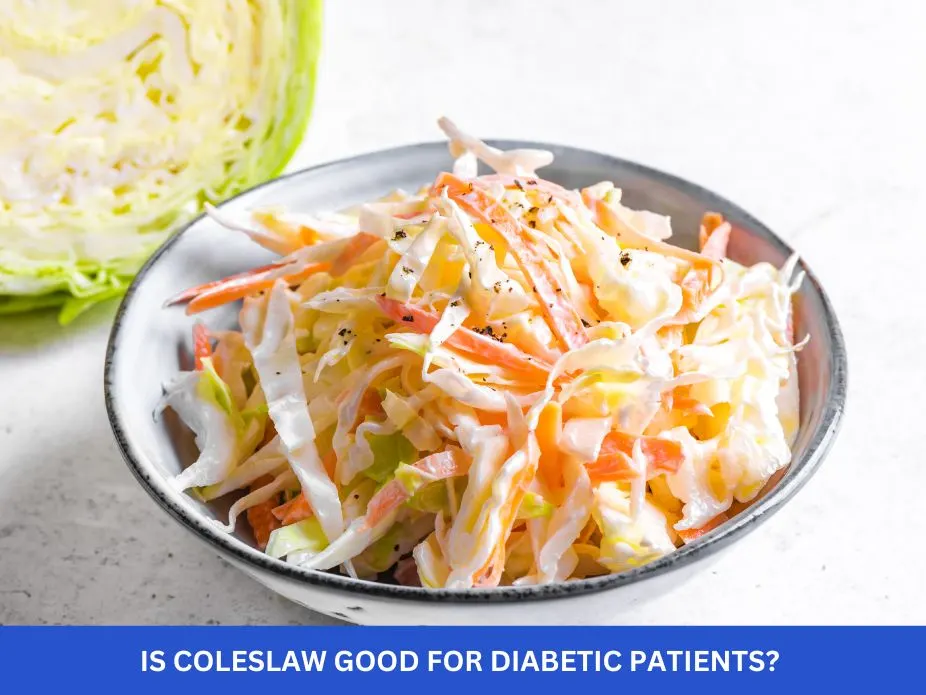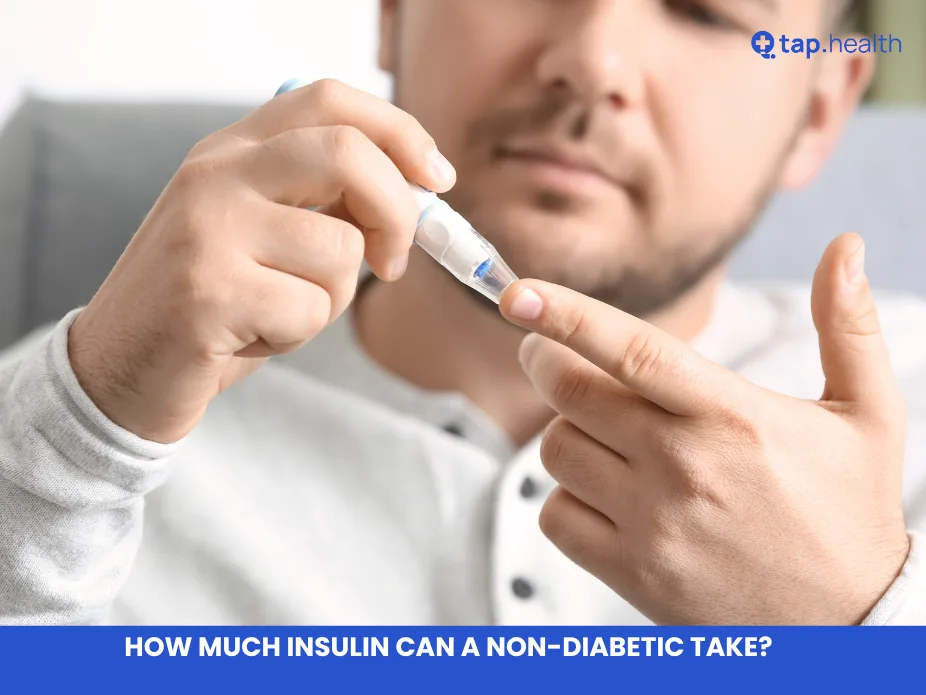Eating 3500 calories a day is a common goal for people who are looking to gain weight, build muscle, or fuel intense workouts. Whether you’re a bodybuilder, athlete, or someone with a fast metabolism, consuming 3500 calories a day can help you achieve your health and fitness goals. However, it’s important to do so in a healthy, balanced way that supports muscle growth and overall well-being.
In this guide, we will explore how to get 3500 calories a day, provide meal plans, tips for maximizing calorie intake, and ensure you’re choosing nutrient-dense foods that provide the right balance of protein, carbohydrates, and fats.
Why Would You Need 3500 Calories a Day?
1. Building Muscle
To gain muscle, you need to be in a calorie surplus, meaning you must consume more calories than your body burns. Eating 3500 calories a day provides the extra energy your body needs for muscle growth, recovery, and performance. For bodybuilders and athletes, a calorie surplus is key to supporting intense workouts and muscle repair.
2. Weight Gain for Underweight Individuals
If you are underweight or have trouble gaining weight, consuming 3500 calories is often a goal to help you put on weight in the form of muscle rather than fat. This calorie intake ensures you’re getting enough energy to build muscle mass, which can be a healthier approach to weight gain.
3. Fueling High-Intensity Workouts
Athletes or individuals who engage in high-endurance sports, such as long-distance running, cycling, or swimming, may require 3500 calories or more to fuel their activity levels and recover effectively. Consuming this amount of calories provides the energy needed to sustain performance during long training sessions.
How to Get 3500 Calories a Day: Key Strategies
1. Eat Calorie-Dense, Nutrient-Rich Foods
To consume 3500 calories a day, it’s important to focus on calorie-dense foods that provide plenty of nutrition without overwhelming you with large portions. The goal is to fuel your body with nutrient-rich foods that promote muscle gain, energy, and overall health.
Great Sources of Nutrient-Dense Foods:
- Lean proteins: Chicken breast, lean beef, turkey, fish, eggs, and legumes.
- Whole grains: Brown rice, quinoa, oats, and whole wheat bread.
- Healthy fats: Avocados, nuts, seeds, olive oil, and fatty fish like salmon.
- Vegetables and fruits: Leafy greens, sweet potatoes, berries, bananas, and citrus fruits for vitamins and fiber.
2. Focus on Protein
Protein is crucial when you’re trying to gain muscle and recover from workouts. It plays a key role in muscle repair and building, which is important when you’re consuming a calorie surplus.
How Much Protein Should You Eat?
Aim for 20-30% of your daily calories to come from protein. For a 3500-calorie diet, this would be 700-1050 calories from protein, or about 175-263 grams of protein per day.
Protein-Rich Foods:
- Chicken, turkey, lean beef, and fish
- Eggs and egg whites
- Greek yogurt and cottage cheese
- Lentils, beans, tofu, and tempeh
- Protein powders (whey, casein, or plant-based)
3. Carbohydrates for Energy
Carbs are the primary source of energy for your body, especially during workouts. Complex carbohydrates should make up the majority of your calories when you’re consuming 3500 calories a day.
How Many Carbs Should You Eat?
Carbohydrates should make up about 50-60% of your total daily calories. This would amount to 4375–525 grams of carbohydrates for a 3500-calorie diet. Carbs are essential for fueling your workouts, replenishing glycogen stores, and supporting recovery.
Best Carbohydrate Sources:
- Whole grains (brown rice, quinoa, oats)
- Sweet potatoes, potatoes, and yams
- Beans, legumes, and lentils
- Whole-wheat bread and pasta
- Fruits and vegetables, especially starchy ones like bananas and corn
4. Healthy Fats for Hormone Support
Healthy fats are calorie-dense, so they’re a great way to help you reach your calorie target. Fat also supports hormone production, including the hormones responsible for muscle growth and fat metabolism.
How Much Fat Should You Eat?
Fats should make up about 20-30% of your total daily calories. For a 3500-calorie diet, that’s approximately 70-116 grams of fat.
Healthy Fat Sources:
- Avocados and avocado oil
- Nuts and nut butters
- Olive oil and coconut oil
- Fatty fish like salmon and mackerel
- Chia seeds, flaxseeds, and hemp seeds
Sample 3500-Calorie Meal Plan
Here’s a sample meal plan to help you consume 3500 calories a day in a balanced way that includes sufficient protein, carbohydrates, and healthy fats.
Breakfast: Protein-Packed Oats and Eggs (Approx. 800–900 Calories)
- 1 cup rolled oats (150 calories)
- 1 tablespoon peanut butter (90 calories)
- 1 scoop protein powder (120 calories)
- 1 tablespoon honey (60 calories)
- 4 large eggs, scrambled (280 calories)
- 1/2 avocado (120 calories)
- 1 cup whole milk (150 calories)
Mid-Morning Snack: Smoothie (Approx. 600–700 Calories)
- 1 cup whole milk (150 calories)
- 1 banana (90 calories)
- 1 tablespoon peanut butter (90 calories)
- 1 scoop protein powder (120 calories)
- 1/2 cup Greek yogurt (100 calories)
- 1 tablespoon chia seeds (60 calories)
Lunch: Chicken and Quinoa Salad (Approx. 900–1000 Calories)
- 6 oz grilled chicken breast (280 calories)
- 1 cup cooked quinoa (220 calories)
- 1 tablespoon olive oil (120 calories)
- 1/4 avocado (60 calories)
- 2 cups mixed greens (20 calories)
- 1 tablespoon balsamic vinegar (15 calories)
- 1 cup steamed broccoli (55 calories)
- 1/2 cup hummus (150 calories)
Afternoon Snack: Rice Cakes and Nut Butter (Approx. 600–700 Calories)
- 4 rice cakes (120 calories)
- 2 tablespoons almond butter (180 calories)
- 1/2 cup cottage cheese (100 calories)
- 1 cup strawberries (50 calories)
Dinner: Salmon and Sweet Potato (Approx. 900–1000 Calories)
- 6 oz baked salmon (350 calories)
- 1 large sweet potato (180 calories)
- 1 cup roasted Brussels sprouts (50 calories)
- 1 tablespoon olive oil (120 calories)
- 1/2 cup cooked brown rice (100 calories)
- 1/4 cup guacamole (150 calories)
Pre-Bed Snack: Cottage Cheese and Nuts (Approx. 600–700 Calories)
- 1 cup full-fat cottage cheese (200 calories)
- 1/4 cup almonds (200 calories)
- 1 tablespoon honey (60 calories)
- 1 tablespoon chia seeds (60 calories)
Tips for Eating 3500 Calories a Day Without Overeating
Eating 3500 calories a day might feel overwhelming at first, but there are ways to make it more manageable:
1. Spread Out Your Meals
Instead of trying to eat huge portions at each meal, try eating 5–6 smaller meals throughout the day. This will help you avoid feeling too full while still meeting your calorie goals.
2. Use Liquid Calories
Drinking your calories can make it easier to hit your daily target without feeling stuffed. Smoothies, protein shakes, and milk are excellent options that provide both calories and nutrition.
3. Focus on Calorie-Dense Foods
Choose foods that are high in healthy fats and complex carbs to maximize your calorie intake without increasing meal volume. Foods like avocados, olive oil, fatty fish, and nut butters are great options.
4. Monitor Your Progress
Track your calorie intake and progress using an app like MyFitnessPal or Lose It! to ensure you’re hitting your goals. Adjust your meals and snacks if necessary to avoid gaining too much fat.
Frequently Asked Questions (FAQs) on How to Get 3500 Calories a Day
How Many Calories Should I Eat to Gain Muscle?
To gain muscle, you need to be in a calorie surplus. A common starting point is to eat 300–500 extra calories per day above your Total Daily Energy Expenditure (TDEE). For some, this may be around 3500 calories a day, depending on their metabolism and activity level.
How Do I Know If 3500 Calories Is Right for Me?
3500 calories is often suitable for people who are trying to gain muscle or weight. However, it’s important to adjust based on your activity level and goals. If you’re not gaining muscle or strength, you may need to increase your calorie intake slightly.
Can I Gain Weight on 3500 Calories?
Yes, eating 3500 calories can help you gain weight if you’re in a calorie surplus. For some, this may lead to muscle gain, but if you’re not working out, some of the weight may come from fat. Focus on eating nutrient-dense foods to ensure the weight gain is primarily muscle.
How Long Does It Take to See Results on a 3500-Calorie Diet?
With consistent training and eating a calorie surplus, you can begin to see noticeable muscle gains in 4-8 weeks. It’s important to track your progress regularly and adjust your diet as needed.
In conclusion, eating 3500 calories a day is a great strategy for muscle gain, weight gain, and fueling high-intensity workouts. By focusing on nutrient-dense foods, tracking your intake, and spreading your meals throughout the day, you can easily achieve your calorie goals while supporting muscle growth and overall health. Stay consistent, adjust as needed, and enjoy the process of reaching your fitness goals.



